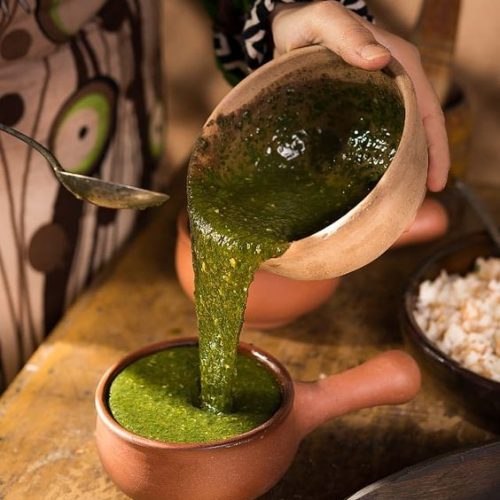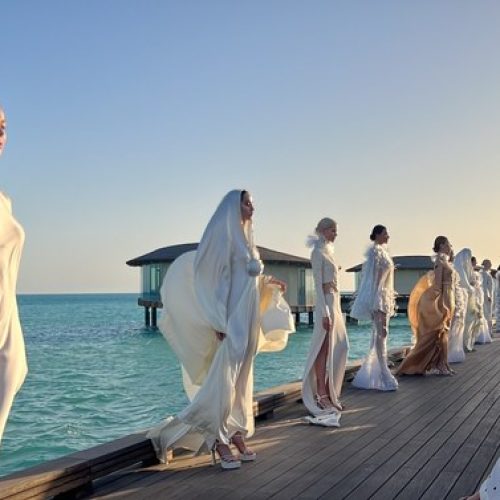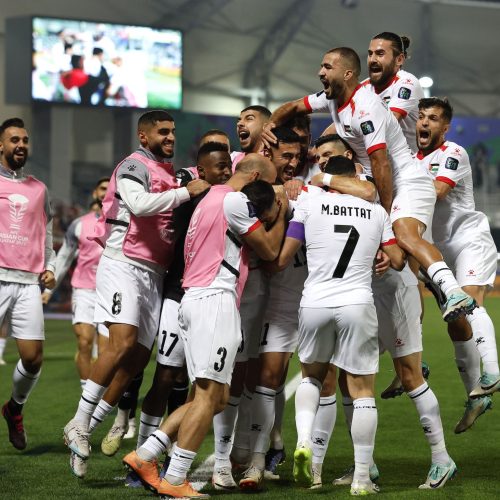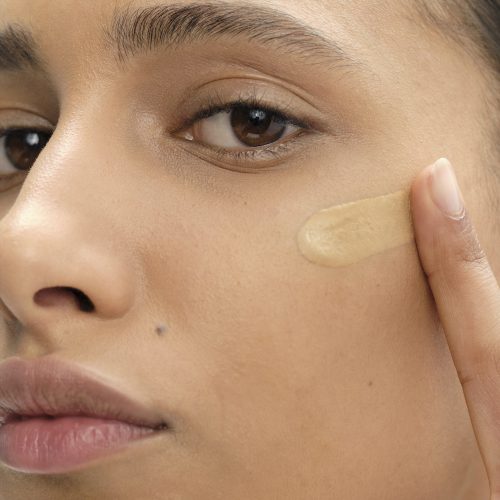The ethos behind skateboarding used to always fascinate me. Although it is a solo sport, there is a wholesome sense of community cultivated through the act of skateboarding. Youth gather in designated skate spots to perfect their craft as they meet people from all walks of life, ages, and sizes, and eventually a family is created. A local skatepark can become a safe haven for many looking for solace from an uncomfortable living situation, trying to blow off some steam, or just seeking to get rid of sentiments of loneliness. Even if it’s just for a few seconds, the skatepark will make you feel like you belong somewhere through the dedication to the board.
Since 2013, Palestine-based NGO SkatePal has been on a burgeoning mission to cultivate that sense of community whilst empowering youth in the West Bank. Working with a blank canvas, Edinburgh-based founder, Charlie Davis, has blown life into a skate scene that never existed.
Davis first visited Palestine 17-years-ago, aged 19, to teach English at a youth center in Jenin. His mother worked at a church in Edinburgh, which financially sponsored a youth center in the Palestinian city that was seeking someone to teach English and Davis decided to volunteer for the job.
“I thought it would be an interesting experience to go and teach English there because my parents had lived in Jerusalem back in the ‘80s and I have a few members of my extended family who are from Palestine,” he told MILLE. “I took my skateboard and I could see the kids were really interested but there wasn’t really any skateboard scene at all. I remember thinking if someone were to bring boards back, it would take off quite well because the attitude that you need for skateboarding with kids is a can-do attitude. The kids didn’t really have that much fear when they were on the board,” he shared.
After seeing the potential in a skate scene that would eventually come to life, Davis completed his degree in Arabic and made constant trips to Palestine, which culminated into his first project. But what started off as a mere passion project led to something else entirely– the creation of a whole skate scene.
Davis found a youth center that was willing to host skate classes, so he built a wooden ramp and offered classes for kids who are passionate about skateboarding. From there, it grew.
“I think the reason why it worked out well was that it wasn’t the sort of setup as a charity NGO in the beginning. It was just a space to have fun because I loved skateboarding and I knew that it’s a really good way to meet people and to hang out. And that came through in the work we did in Palestine. It was only when it became apparent that we needed to have bigger donations or grants in order to raise money to build a skatepark that we established ourselves as an NGO, but that wasn’t the idea in the beginning,” explains Davis.
Speaking of SkatePals proudest moments, Davis loftily tells MILLE, “Completing the skate parks that we’ve built, and then the classes afterward. That was a big moment where we could actually see that we created something concrete, literally.”
Skatepal has now built over three skate parks around Palestine, with “Rosa Park,” located in Asira Al-Shamaliya, being the largest in the country.
Of course, building a skateboarding community from scratch in an occupied country isn’t without its fair share of challenges. For one, all the equipment that is brought into Palestine has to arrive through Israeli customs, which can only be procured after a fee is paid. Shipping to the country is also a near-impossible task with long wait-times, extortionate fees, and also the chances of having your items confiscated, which Davis shares, has happened to him before.
“The biggest challenge that we face is that it’s very hard to have a sustainable way to import equipment into the country. And of course, finding people who live in Israel with whom our partners and Palestine are willing to work with is also a difficult aspect, because you want to be able to work with people whom everyone is happy to work with,” explains Davis.
“There was no skateboard scene in Palestine, and only a few people were blading and doing parkour. So part of our mission was to first create a community, which obviously takes a long time. Obviously, it’s growing, but it’s a slow process, especially when there’s no skateboard shop there.”
Davis also wants to make sure that the community is inclusive and everyone can feel welcome. “We were keen to make sure that we had skateboard classes that were open for boys and girls. That’s easier to do in a place which is more open and liberal, like Ramallah, and more difficult in a conservative village. But, when we did build the parks, we spoke to the councils who had given us the land and said, ‘look, we really want to have sessions for girls and boys.’ Thankfully, for the most part, that’s been granted.”
Today, the skate scene in Palestine is flourishing. In Asira, for example, skateboarding has been integrated into the village’s social fabric. Meanwhile in Ramallah, the skateboarding scene has evolved to have more of a street focus as the skaters have grown older. Since skateboarding is a relatively new sport in Palestine, there are few older skaters, but the younger generation is gradually venturing into the streets to skate on their own. Davis suggests that it will take several more years for the skateboarding scene in Ramallah to resemble those in other places, but the sport continues to grow, with more children embracing the sport.
As for Skatepal’s plans for the future? “The long term goal is to set up a self-sustaining scene, one which doesn’t rely on international help in order to thrive,” says Davis. “We’ve just finished our dry skate park, a small skate park in the orphanage in Ramallah, and we’ll start classes there in July. We’re still waiting for the councils in Ramallah to give us a larger bit of land to build what will be a flagship skate park there,” he adds of his ambitious plans for a future where the skateboard scene in Palestine becomes independent of volunteer programs and sustains itself.
Davis also reveals that the local team has been trained in skatepark construction, reducing the reliance on international volunteers for building future spots. While there will still be international volunteers involved, the focus will shift towards empowering local skaters and helping them develop their skills. SkatePal also aims to increase the availability of skateboards and promote Palestine as a skateboarding destination.
SkatePal intends to support the Palestinian skaters financially and promote their activities but hopes to eventually phase out their direct involvement in building and operations. The ultimate goal is for the Palestinian skateboarding scene to thrive on its own, with SkatePal serving a more supportive and promotional role rather than being actively involved in day-to-day operations. “It’s not 100 percent clear yet what it’s going to look like,” Davis concludes. “But we have our goal of not having to exist anymore and for the scene to be to be working on its own.”
For anyone looking to volunteer or support the growth of the skate scene in Palestine, head to www.skatepal.co.uk.







